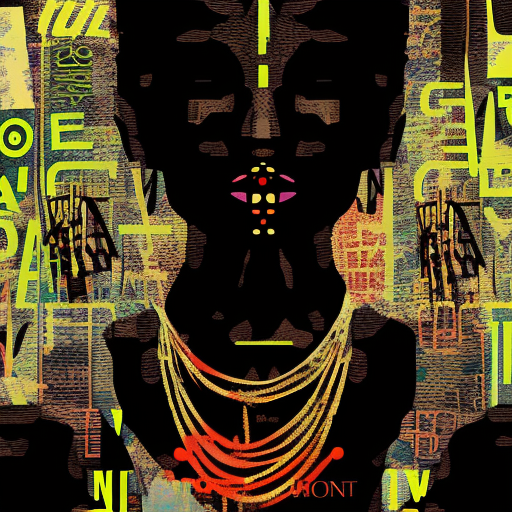One-line Summary:
Pygmy is a satirical novel by Chuck Palahniuk that tells the story of a teenage terrorist from an unnamed totalitarian country who is sent to the United States on a secret mission.
The Arrival and Assimilation of Pygmy
Pygmy, a highly trained teenage operative from an oppressive regime, arrives in the United States as part of a covert mission to carry out a terrorist attack. Disguised as an exchange student, Pygmy is placed with a seemingly ordinary American family in a suburban town. As Pygmy navigates the unfamiliar terrain of American culture, he struggles to blend in and complete his mission.
The Challenges of American Life
Pygmy’s experiences in America are filled with cultural misunderstandings and comedic mishaps. From his interactions with his host family to his encounters at school, Pygmy’s unique perspective and broken English lead to a series of humorous and often absurd situations. As he tries to adapt to American customs and norms, Pygmy’s observations provide a satirical commentary on American society.
The Unraveling of Pygmy’s Mission
As Pygmy becomes more entangled in the daily life of his host family, he begins to question the morality of his mission. He forms unexpected connections with his American peers, including a romantic interest, which further complicates his loyalty to his homeland. As Pygmy’s internal conflicts intensify, the line between his duty as a terrorist and his growing empathy for his new friends becomes blurred.
Throughout the novel, Palahniuk explores themes of identity, cultural assimilation, and the power of human connection. Pygmy’s journey serves as a critique of both the oppressive regime he comes from and the superficiality of American society. The novel’s dark humor and biting satire provide a thought-provoking examination of the complexities of modern life.
- Identity and assimilation: Pygmy’s struggle to adapt to American culture highlights the challenges of assimilation and the impact it has on one’s sense of self.
- The power of empathy: Pygmy’s growing empathy for his American friends challenges his loyalty to his mission and raises questions about the nature of good and evil.
- Satire and social commentary: Palahniuk uses Pygmy’s perspective to satirize both the oppressive regime he comes from and the superficiality of American society, offering a critical commentary on modern life.
“In America, you can always find a party. In Soviet Russia, Party always finds you.”
In conclusion, Pygmy is a darkly comedic and thought-provoking novel that explores themes of identity, cultural assimilation, and the power of empathy. Through Pygmy’s unique perspective, Chuck Palahniuk offers a satirical critique of both oppressive regimes and the superficiality of American society. The novel serves as a reminder that true understanding and connection can transcend cultural and ideological differences.












